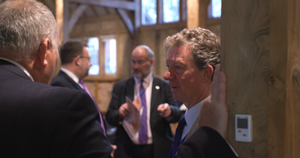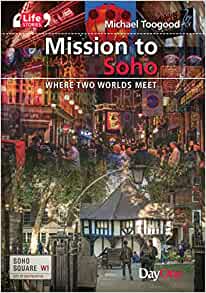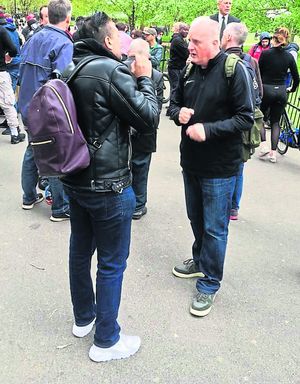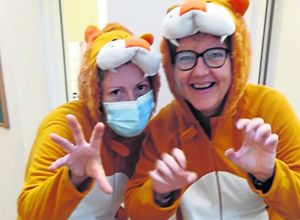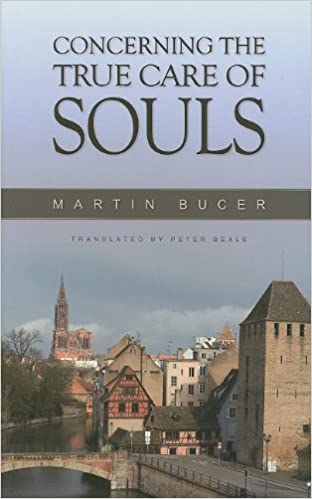Light and shade in Cuba
Ten years ago, there was a significant increase in active evangelicalism in Cuba; paradoxically, following the Pope’s visit there in 1998. The Protestant Christians responded to his visit by organising their own series of gatherings – part of one of the first such public displays of religious fervour allowed since the communist revolution of 1959.
It was said that nearly 400,000 people attended the ‘Love, peace, unity’ Cuban evangelical celebration in May 1999 and 49 registered churches took part. They were presided over though by government representatives. But while this was termed by some a ‘revival’ and the impression given that religious tolerance was growing in Cuba, there was still a darker side to the public face of this communist country – its official stance of state atheism.
Leaving aside the obvious (that man cannot manufacture a revival, since it is a working of the Holy Spirit alone), it is now clear that religious activity has indeed steadily benefited from more relaxed legislation during the past 10-20 years, under former President Fidel Castro and now his brother.
Secular state
The state has gone from being officially atheist to officially secular. According to Open Doors International, 47 per cent of the population claim to be Christian. Religious activity is permitted, provided that the government approves.
Although communism in Cuba did not display the cruel excesses of Soviet Russia or Communist China, there are still limits to what true believers can say or do in the practical outworking of their beliefs.
Church building requires government permission. School programmes deny creation and forbid religious expression (as is becoming increasingly the case in the UK), in what is otherwise an excellent educational system. Many children must attend school on Sundays, and so cannot attend church.
Although evangelicals are officially recognised as a distinct Christian group, they are watched closely. In 2006, a US news report from the Christian Examiner revealed that a leading evangelical, Rev. Carlos Lamelas, was taken by the authorities and put into jail for allegedly helping people leave the country illegally (Cubans are not allowed to emigrate, especially to the US).
Protestantism is reported to be growing faster than Catholicism – the religion of the Conquistadores who first landed on the Caribbean island in 1492. Catholicism, together with some elements of voodoo and animism, is embedded in the cultural consciousness.
Whether or not this wave of Protestants are all practising, born-again Christians is another matter; but professed evangelicalism is gaining ground.
Village churches
It is said that evangelicals make up 10 per cent of the population and you will scarcely find a village without an evangelical church.
When seeing the relative lack of church buildings in the villages, the latter would be hard to believe unless you have grasped the nature of being a believer in a poor country where building funds lie in government hands.
I passed through many villages and saw no church buildings. Rather, a church might consist of a house group of two or three believers, or a couple of families. Not, of course, that these are officially permitted, and house churches applying for permission to operate legally are often denied.
According to Open Doors, there are 900 legal and 15,000 illegal house churches. Gospel work is very much alive. Many under-privileged people in Cuba are still coming to Christ, despite their poverty and some suspicion of evangelicals. The seed is bearing fruit, despite all the thorns and thistles springing up around it.
With suggestions that a more open US regime under Barack Obama will engage in positive diplomacy with Cuba, after more than 50 years of arms-length relations between the two countries, it may not be long before there is more tolerance for believers.
Let us pray that this will be so, while thanking God for the work already achieved in Cuba for the glory of Christ’s kingdom.
Simoney Girard


